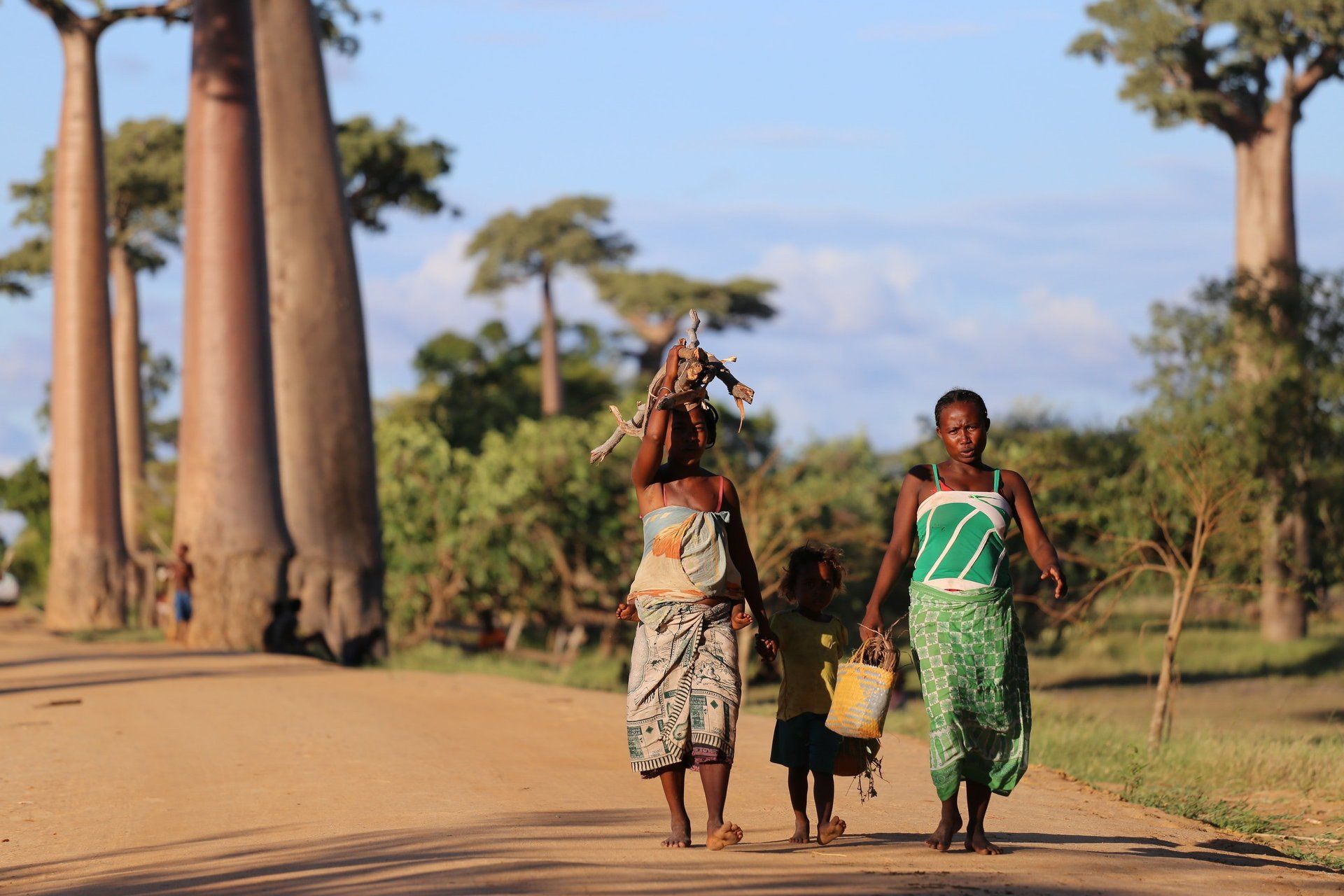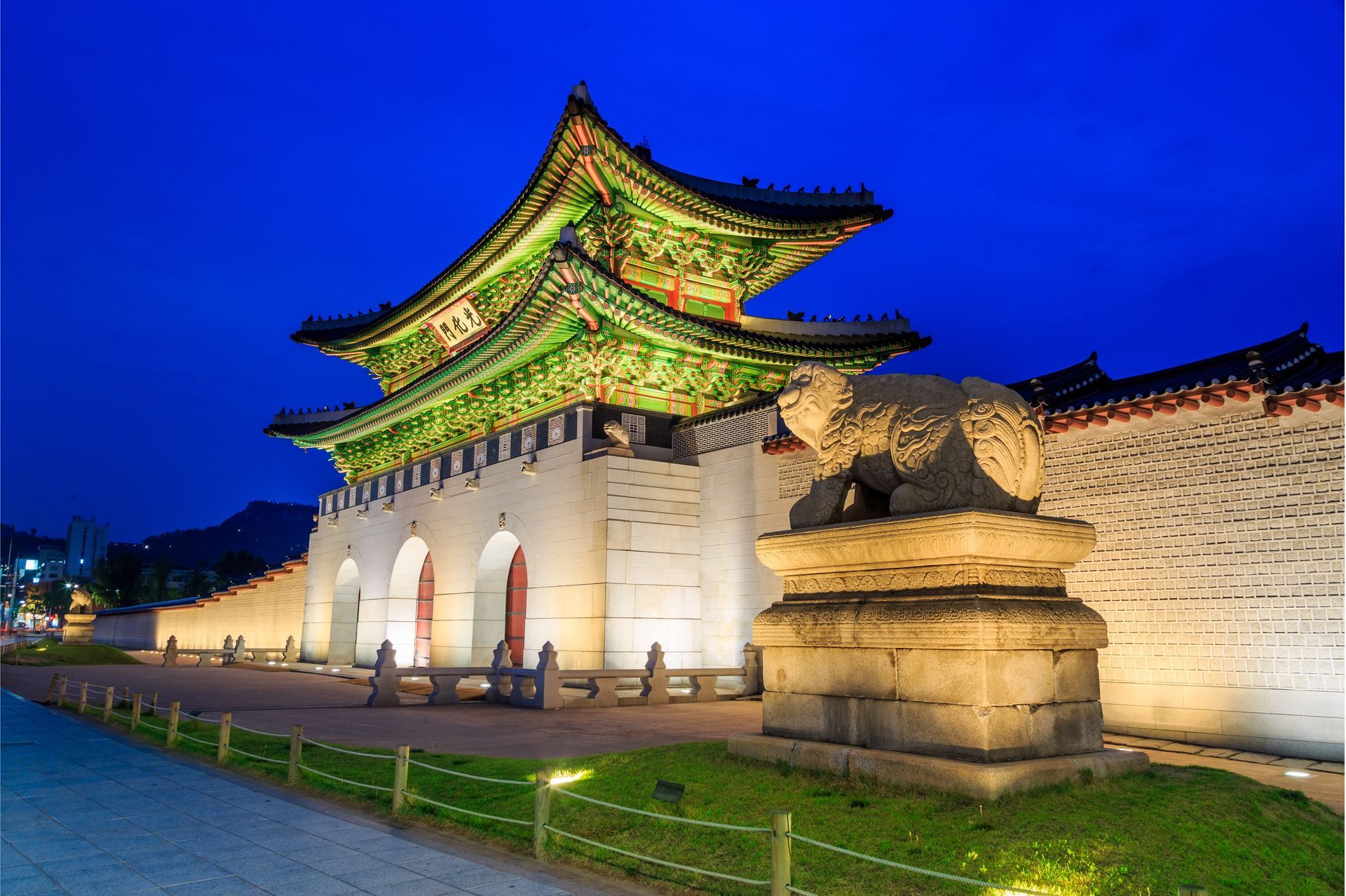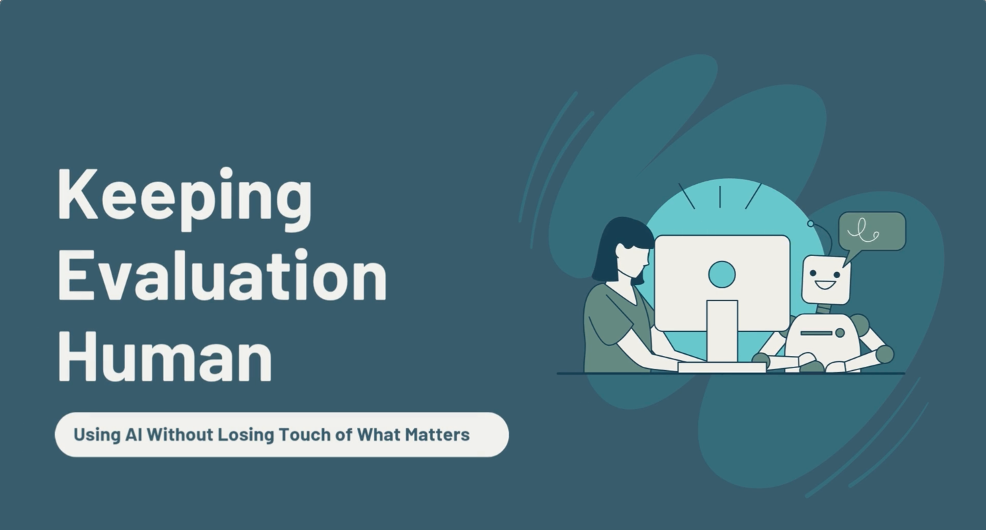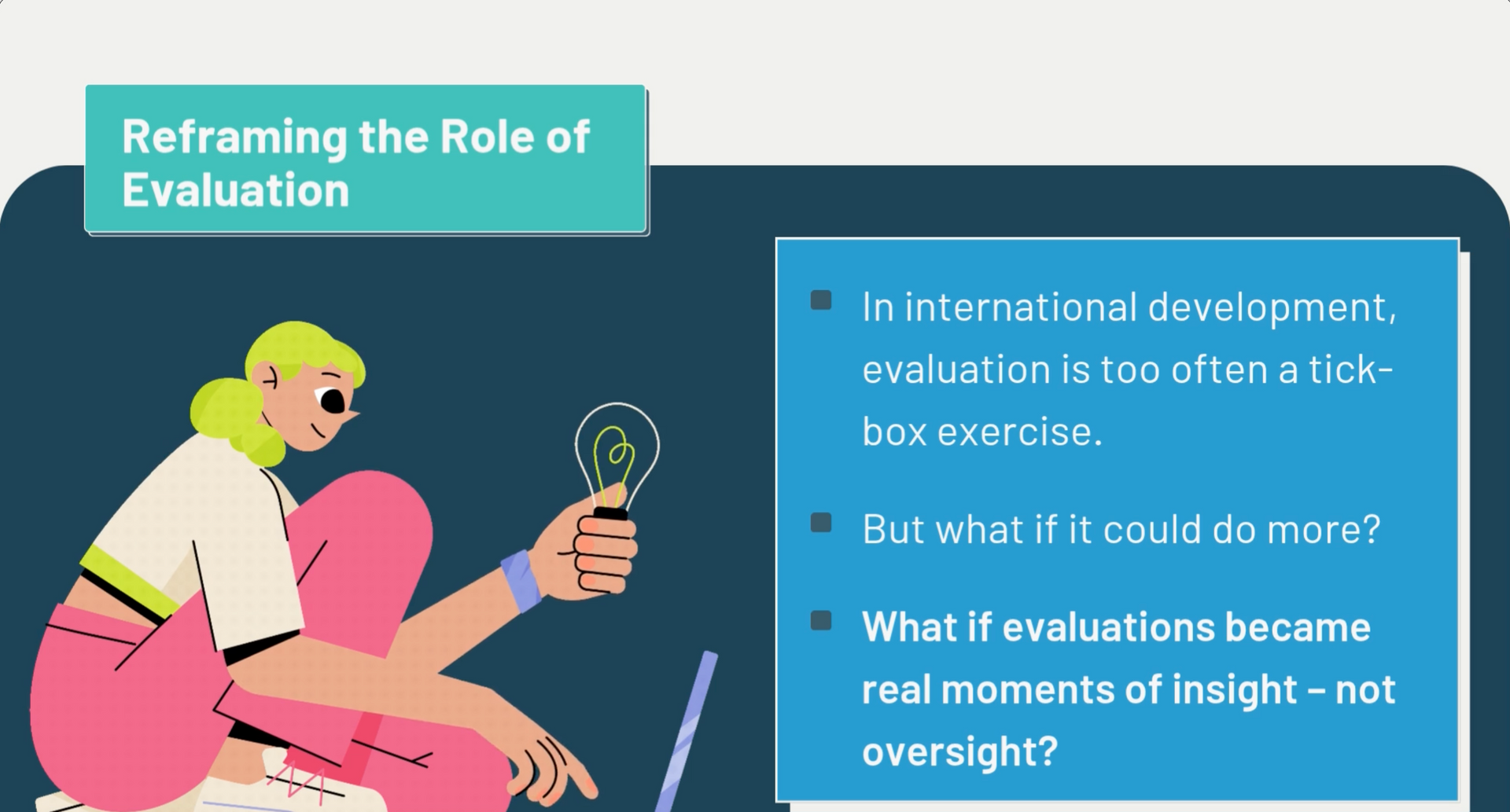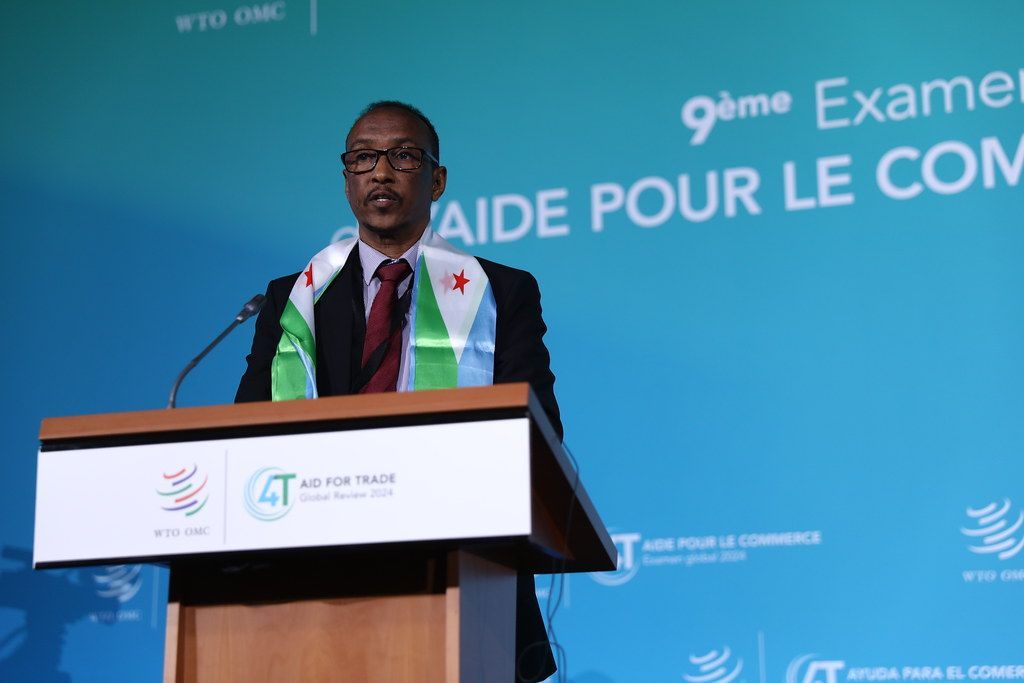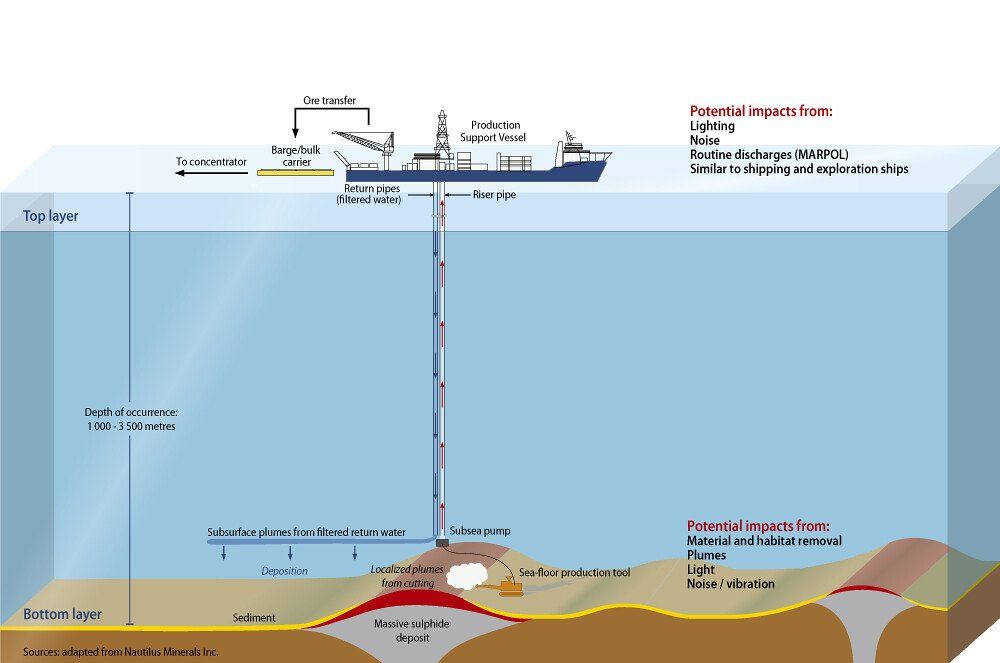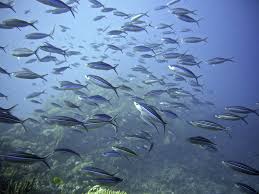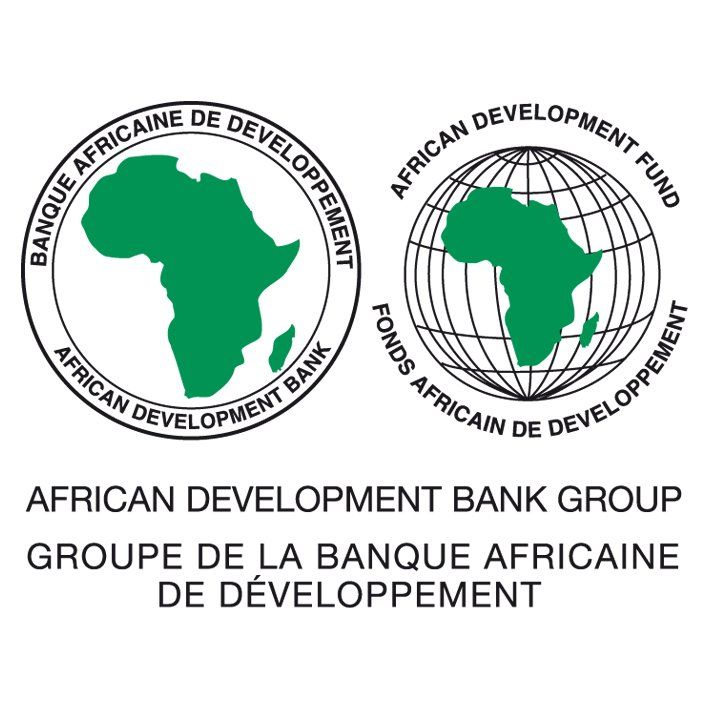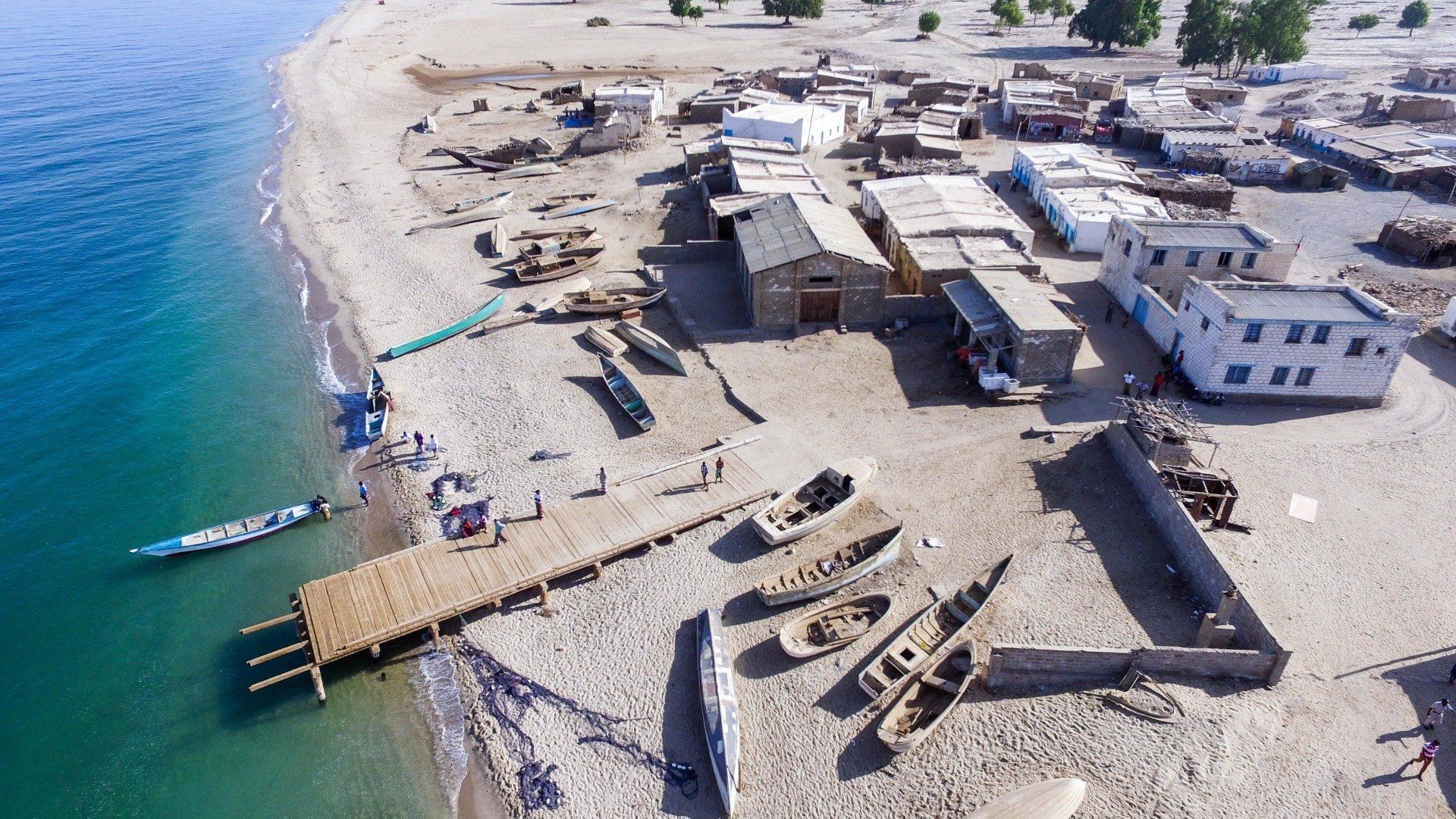HOME / SERVICES / evaluation
Understanding the past to inform the future
Whether its a light touch assessment, an in-depth review or a formal evaluation we have the people skills, analytical edge and academic background to look back and tell you objectively but fairly what has been achieved. We will draw lessons from what we read and hear and help you reshape future direction.
featured article
Article
Global Green Growth Institute (Seoul, Global): Strategic Review
OpenCities, in consortium with Agulhas, supported the Global Green Growth Institute (GGGI), an intergovernmental organization (HQ in Seoul), first established with the support of the Government of Korea in 2012, to carry out a mid-term review of its organizational strategy and develop recommendations for the remainder of the strategy to 2030. Dr Marc Stephens led a team of 9 consultants during the period August 2024 through to completion of the assignment in June 2025.
What we did
The purpose of the review was to generate evidence-based learning to help shape the GGGI’s future in a changing external environment. The Evaluation was formative in nature, providing an opportunity to examine how Strategy 2030 has enabled GGGI to pursue its Green Growth ambitions in collaboration with its Members and partners. The final report explored how GGGI can build on the progress made throughout the first five years of Strategy 2030 as it moves into the second half of Strategy 2030’s implementation period. The Review included visits to 5 countries (Dominican Republic, Fiji, Jordan, Lao PDR, Senegal), surveys of GGGI staff and its external stakeholders, interviews, focus groups, background papers, a synthesis of learnings from MOPAN, moderated discussions with the senior management team, a week-long series of meetings in Seoul and a desk review.
GGGI said: "We are grateful to the team, led by Dr Stephens, for its outstanding work, particularly its collaborative approach, its ability to get to the root of a broad set of complex issues, and the actionable recommendations that it generated."
all articles
